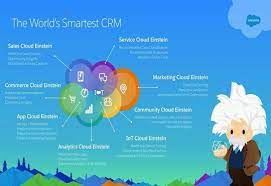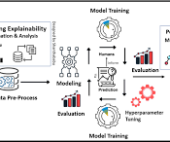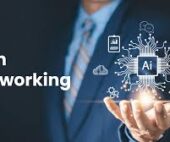The contemporary workplace is currently experiencing a profound transformation. The Future of Jobs Report from the World Economic Forum predicts that AI will replace approximately 85 million jobs by 2025, while concurrently generating around 97 million AI-related jobs. AI Success is a Team Sport and will require hiring and training people.
Thank you for reading this post, don't forget to subscribe!This significant shift necessitates a reevaluation of work dynamics, introducing new roles that involve collaboration between “humans, machines, and algorithms.” Amidst this transformative period, AI provides opportunities for organizations to reimagine existing roles, offer upskilling opportunities, and design innovative positions to meet evolving needs.
For leaders in the data domain, the crucial task is to assess which jobs could benefit from AI. This requires a thorough understanding of organizational tasks, skills, and strategic goals, complemented by a scalable change management process to accommodate the growth of AI initiatives. To pinpoint relevant jobs, the following steps can be taken:
- Conduct a workforce analysis: Enumerate all organizational jobs, detailing specific tasks and responsibilities.
- Evaluate tasks within each role: Identify repetitive, rule-based, and data-driven tasks suitable for automation.
- Assess alignment with strategic goals: Identify tasks that can be enhanced or expedited through AI.
- Map required skills for each job: Determine roles that can be augmented or replaced with AI tools.
- Calculate ROI of implementing AI: Compare the costs of staff adjustments with potential benefits.

Despite 67% of global business leaders considering the use of generative AI, an equal number of IT leaders acknowledge a skills gap among their employees.
“I think most business leaders have a good sense of what the key jobs are inside their organizations. Of those key jobs, what are the good candidates for AI? I think it’s important for any executive—data or not—to understand what they are and plan accordingly.”
SOLOMON KAHN DATA LEADERSHIP COLLABORATIVE
The implementation of AI necessitates a specialized team, encompassing roles from project managers to domain experts. The composition of the team depends on the project’s complexity, scope, budget, and overall strategic objectives. But to be sure, AI Success is a Team Sport. Key roles for AI initiatives include:
- Project Manager: Oversees the entire initiative, setting timelines, and managing resources.
- Software Engineer: Develops infrastructure and systems for integrating AI models.
- Data Scientist: Analyzes and prepares data for AI models, transforming raw data for training and testing machine learning models.
- Domain Expert: Provides in-depth understanding to interpret results and ensure AI solutions align with real-world requirements.
- Machine Learning Engineer: Builds, trains, and deploys machine learning models.
AI acts as a disruptor to traditional business practices, and this disruption is viewed positively. The bonuses far outweigh the challenges.
The new generation of user-friendly AI technologies, such as generative AI, has moved beyond the hype cycle, offering applications that generate personalized offers and automated chatbots capable of solving complex customer support issues. In this era powered by AI, data leaders play a pivotal role in driving transformative change.













